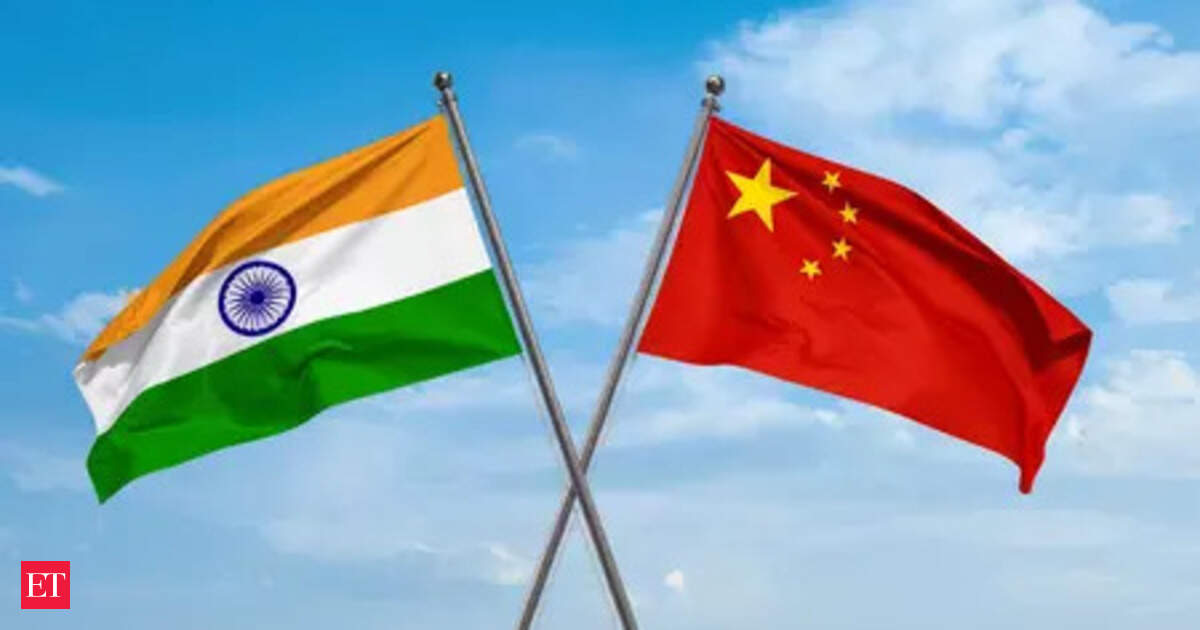Now Reading: India-China in Talks as Wang Yi’s Visit Awaits Confirmation
-
01
India-China in Talks as Wang Yi’s Visit Awaits Confirmation
India-China in Talks as Wang Yi’s Visit Awaits Confirmation

Quick Summary
- China and India are engaging in talks at multiple levels to address bilateral relations.
- Beijing has not confirmed whether Chinese Foreign Minister Wang Yi will visit New Delhi on August 18 to meet India’s National Security Adviser Ajit Doval.
- Chinese Foreign Ministry spokesperson Lin Jian stated that both nations aim to maintain interactions, build political trust, enhance cooperation, and manage differences carefully.
- Lin described the China‑India relationship as a partnership with “immense potential” in the Global South and emphasized cooperation on global platforms like the Shanghai Cooperation Organisation (SCO).
- He added that discussions about Wang Yi’s travel plans would be disclosed in due course.
- India’s Ministry of External Affairs (MEA) announced efforts to resume border trade via designated points: Lipulekh pass (Uttarakhand), Shipki La Pass (Himachal pradesh), and Nathu La Pass (Sikkim).
- Border trade talks between the two countries resumed after a five-year hiatus.
Indian Opinion Analysis
The ongoing multi-level discussions between India and China indicate an intent to stabilize bilateral relations amidst unresolved tensions. The emphasis from China’s side on building mutual trust, enhancing cooperation, and managing differences aligns with India’s pragmatic approach of fostering diplomatic dialog alongside resuming economic ties such as cross-border trade.
Resuming border trade through traditional routes after a five-year gap could lead to incremental improvements in confidence-building measures. However, achieving progress will likely require tangible resolutions on contentious issues such as border disputes for sustained improvements in ties.
China’s willingness to engage through global platforms like SCO highlights its interest in geopolitical collaborations within the region. Both nations have opportunities for productive partnership if existing differences are managed effectively without compromising their respective strategic interests or sovereignty concerns.

























